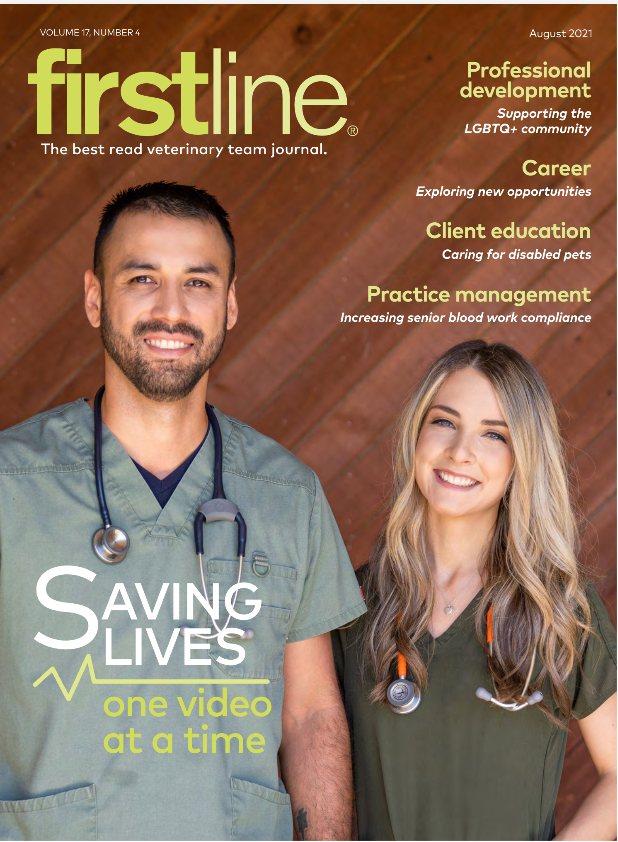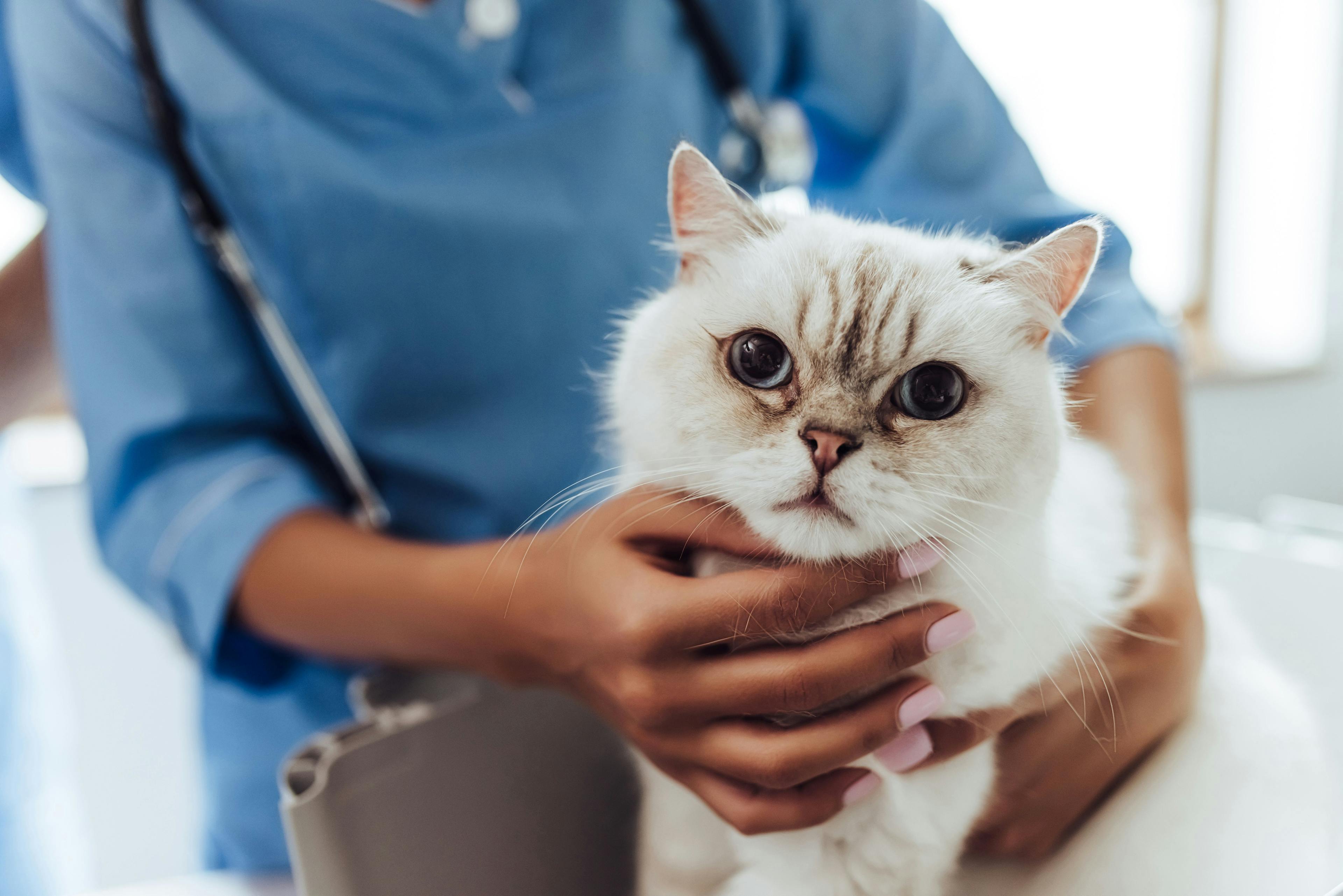Ask Emily: How can I increase senior bloodwork compliance?
Check out these 4 easy steps for increasing bloodwork compliance rates at your veterinary practice.
Our team at dvm360.com and Firstline magazine asked experienced practice manager Emily Shiver to answer your questions about life in practice for managers, technicians, assistants, client service receptionists, and more. Got a question for her? Email us at firstline@mmhgroup.com.
We know the importance of screening senior pets for potential diseases. It comes with the job we do every day as veterinary professionals. However, our clients don’t, and it’s up to us to educate them. If you’re experiencing a lower senior bloodwork compliance rate at your practice, it might be because you’re not properly utilizing your team and services. Here are a few useful strategies to help bolster compliance rates and elevate the care you provide to senior patients.
1.Do you want to run labs in-house or outsource them?
One is not necessarily better than the other, it’s just a matter of what works well for your practice. Typically, when we decide to negotiate a “senior” comprehensive profile for both species we see (eg, canines and felines), we then send the profile to an outside lab. The benefits of outsourcing lab work are that it is cost-effective and provides us with a more comprehensive profile. However, the downside to this is that 2 to 3 days later, the veterinarian is often tasked with going through all the lab results and contacting the owner, thus taking a large chunk of time out of the doctor's day. (Though we can utilize our technicians to call clients when the pet’s lab work is normal.)
Another option would be to utilize your in-house lab equipment (and with the aid of present-day technologies, running a comprehensive profile in-house is certainly achievable). The pros of running lab profiles in-house would be no client phone calls 2 to 3 days later and results can be delivered during the appointment. A con would potentially be the cost of running those profiles in-house as well as lengthening your appointment times if not managed efficiently.
2. Price affordably
While we normally markup our lab profiles (inside or outside) 150% at my practice, we decided to markup our senior profile by only 80% to increase compliance. This makes it more affordable and cost-efficient for clients, which in turn, benefits our patients. Here is some food for thought: If you are marking up at 150% and only getting a 30% compliance rate, pick your battle. Would you rather have a higher markup and only 30% compliance, or a lower markup and 70% compliance?
3. Team training
Though team training may be third on this list, it is arguably the most important. Properly training your team about the importance of preventive blood screening can promote earlier detection of diseases, thus creating better outcomes for patients. It really shouldn’t be an “upselling” tactic. This will help ultimately strengthen the bond between your team and practice because, at the end of the day, this isn’t a revenue-driven service; it’s about providing the highest quality of care to allow pets to live longer.
4. Client education
It is absolutely our duty to educate our clients and share with them the benefits of screening their senior pets regularly, including earlier detection of diseases. So, how can this be accomplished? One way is to make this service appealing to owners. Highlight the fact that if we can diagnose a disease early enough, we can more effectively manage the disease, thus potentially prolonging the lifespan of their beloved pet.
With a few tweaks to your current routine, I am confident you can screen more pets and detect disease earlier. Not only will this benefit the practice financially, but it will also create long-lasting relationships with both your clients and your team.
Emily Shiver, CVPM, CCFP, CVBL, regional director of operations at the Family Vet Group in Florida.

















